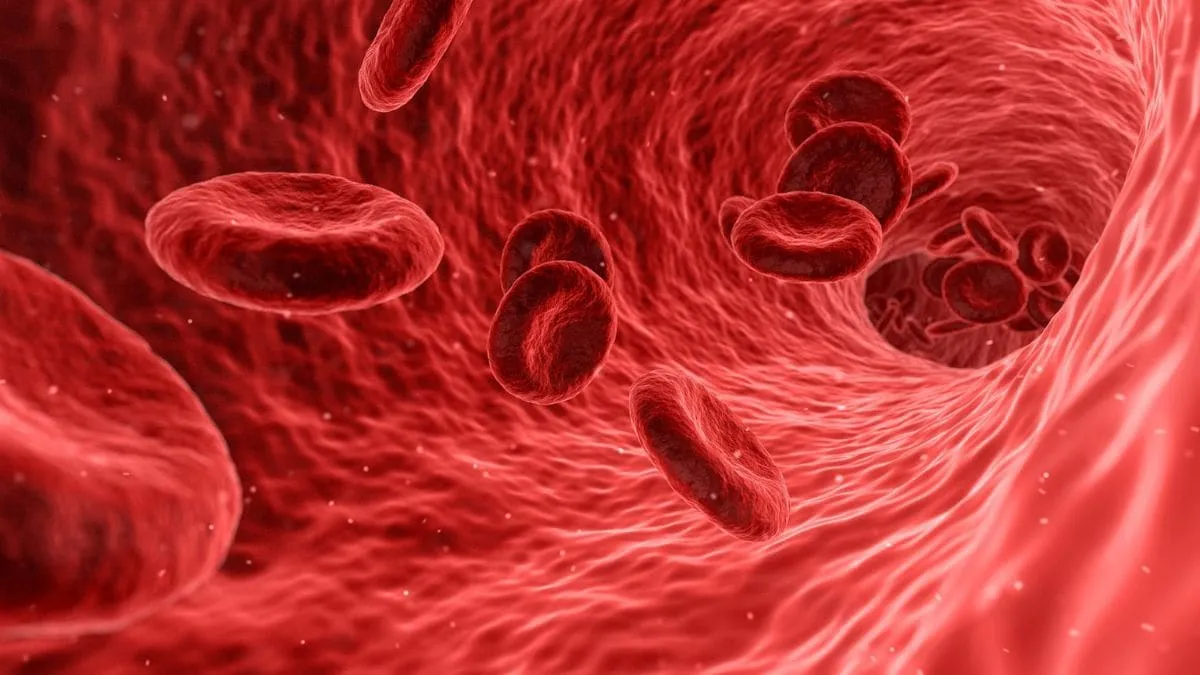New Blood Group System: Breakthrough in Identifying AnWj Antigen by UK Scientists

New Blood Group System Discovery
UK scientists at NHS Blood and Transplant have identified a new blood group system, known as MAL, which includes the previously elusive AnWj antigen. This discovery solves a 50-year-old mystery and enhances blood safety for rare blood type patients.
The Journey of Discovery
The AnWj antigen was first uncovered in 1972, but its implications remained unclear until now. The research team discovered that fewer than 0.1% of the population are AnWj-negative, making blood transfusions particularly critical for these individuals, who risk severe reactions if given the wrong blood type.
- Genetic analysis confirmed that the Mal protein is essential for identifying patients who lack the AnWj antigen.
- Whole exome sequencing technology was pivotal in this discovery, revealing genetic deletions linked to the MAL gene.
Implications for Patient Safety
With the establishment of the MAL blood group system, the possibility of developing genotyping tests emerges, enhancing the ability to identify AnWj-negative patients. This advancement is crucial for preventing dangerous transfusion reactions.
Future of Blood Donation and Transfusion Medicine
Insights gained from this research will not only aid in accurately matching blood donors but also revolutionize transfusion medicine and ensure that patients receive essential care without risking adverse effects.
This article was prepared using information from open sources in accordance with the principles of Ethical Policy. The editorial team is not responsible for absolute accuracy, as it relies on data from the sources referenced.